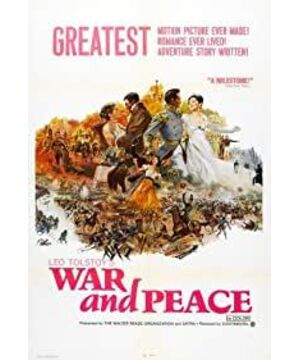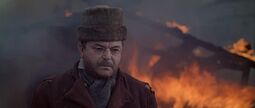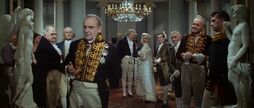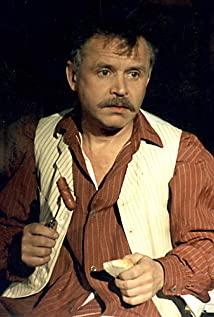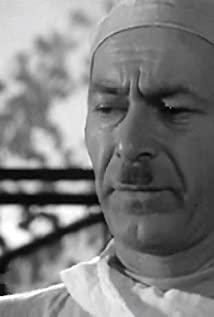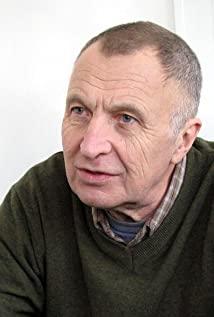In my lifetime, I finally watched 1966's "War and Peace" in the theater. It took seven and a half hours, invested 500,000 people, and devoted all the efforts of the Soviet Union to make it into an imperial masterpiece.
In the Cold War era, it actually won the Oscar for best foreign language film.
First, like "Gone with the Wind", it has the distinctive features of that era. Graceful, delicate, elegant, and a strong sense of the stage are its advantages and trends, as well as the limitations of the times.
Second, the unrepeatable huge investment, the mobilization of the army, the support of props from museums across the country, and the donations of thousands of people. It not only has the background of the Cold War competition, but also reflects a determination: to present the best works of the best literary masters in the country in the most perfect state.
Third, Tolstoy's original work is a real epic, with many characters and complicated clues. Except for the fact that the director cast himself as Pierre (there must be a better choice), it is quite difficult to complete it.
Directors at that time would not be as new as they are now, faithful to the original work, and can guarantee the highest degree of completion.
Fourth, Tolstoy and Dostoyevsky, two giant peaks in the black land of Russia stand in the forest of world culture. The former gives answers, the latter asks questions, and the same goes through the mental hardships involved.
Maybe I think Dostoevsky deserves a higher evaluation for his depiction of human nature and the depth of his thoughts, but only Tolstoy can master such a grand structure.
Five, thousands of soldiers rushed into the river with their bare bottoms, spectacular. Tolstoy would not have imagined that, shortly after his death, a World War II, which involved the whole world, dwarfed the battles of the Three Emperors at Austerlitz and the Battles of Borodino.
Sixth, in Tolstoy's view, Napoleon and Alexander are both neurotic who need to be ridiculed, but the former is more talented.
The assassination of Napoleon to stop the war cannot help but remind one of Hitler.
Seventh, saw the complete and credible czarist era of drinking parties, balls, wars, hunting, aristocratic and folk life.
Eighth, the dazzling Saverieva compared to Hepburn who played the same role. It's so beautiful, when she appears, she has golden light; when she dances, she can't be square; even when she thinks of different thoughts and plans to elope, she is easily forgiven.
Maybe the ones named Natasha are all beauties.
9. In Altay, I had the same experience with the severe cold encountered by French soldiers in Russia.
View more about War and Peace reviews


